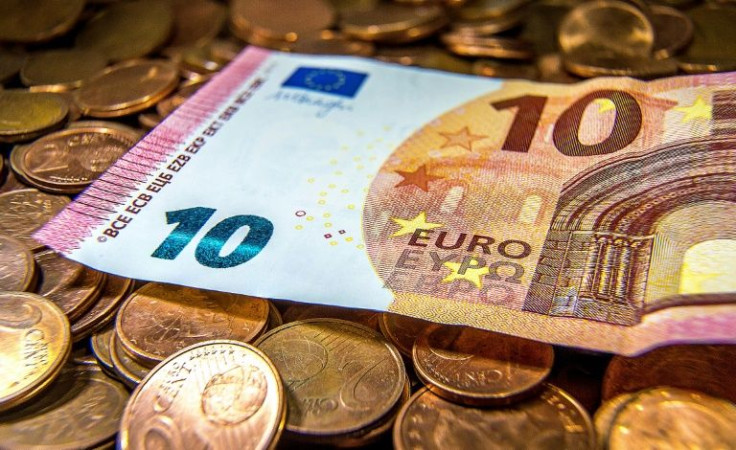Russian-Ukraine War Could Bring The World Economy Back To 1914

The ongoing Russian-Ukraine war and the unprecedented sanctions the United States and its allies have imposed on Russia could bring the world economy back to 1914, which signaled the end of early globalization and the revival of national and regional conflicts.
"History doesn't repeat itself, but it often rhymes," Mark Twain is rightly or wrongly quoted as saying, which is as timely today as it was in his time.
At the turn of the 20th century, capitalism was on track to conquer the global economy, creating a global market without borders, a trade regime where commodities and resources could flow freely within and across borders. But unfortunately for the world community, it didn't happen.
By the beginning of the second decade, this trend of early globalization stalled and, in some cases, forestalled by the rise of nationalism and trade protectionism, not to mention the destruction of the two World Wars. For instance, increased trade protectionism limited the flow of resources and commodities across national borders. Before 2014, France and Germany had already raised trade barriers, which made imports prohibitively expensive.
Then there was the hunt for oil among the world's industrial powers, the fuel to power the rolling out of automobiles worldwide, adding to antagonism among them.
As a result, the world economy capitalism set to conquer a half-century ago remained a moribund market, a collection of separate national and local markets rather than a single integrated market. As financier George Soros has put it: "The market regime that prevailed a hundred years ago was destroyed by the First War World War. Totalitarian ideologies came to the fore, and by the end of the Second World War, there was practically no movement of capital between countries."
The "international context," the conditions and circumstances of the world economy are much different today than those of the early 20th century. Still, there are a few parallels hard to ignore, like China's rise that challenges America and its allies in the South China Sea.
Then there's the Russian-Ukraine war and the growing sanctions America and its allies have imposed on Russia, which has collateral damage: the global governance and economic order. They are threatening to end today's globalization with far-reaching consequences for world peace and prosperity.
Kristalina Georgieva, IMF Managing Director Washington, D.C. is already sounding the alarm about what the Russian-Ukraine war is doing to the global economy. "The economic consequences from the war spread fast and far, to neighbors and beyond, hitting hardest the world's most vulnerable people," she says. "Hundreds of millions of families were already struggling with lower incomes and higher energy and food prices. The war has made this much worse, and threatens to further increase inequality." For instance, The Russian-Ukraine war and the acceleration of the food and energy prices that followed have pushed the Sri-Lankan economy off the cliff.
Meanwhile, the IMF Managing Director sees the world economy into geopolitical blocs—with different trade and technology standards, payment systems, and reserve currencies. "This fragmentation of global governance is perhaps the most serious challenge to the rules-based framework that has governed international and economic relations for more than 75 years and helped deliver significant improvements in living standards across the globe," she says.
The end of globalization will slow down and, in some cases, reverse these improvements in the standard of living across the globe. "In a world where war in Europe creates hunger in Africa; where a pandemic can circle the globe in days and reverberate for years; where emissions anywhere mean rising sea levels everywhere—the threat to our collective prosperity from a breakdown in global cooperation cannot be overstated," the Kristalina Georgieva adds.
That's a stark warning for world leaders. They should take it seriously if they don't want to repeat what followed after the breakdown in global cooperation before 1914.
© Copyright IBTimes 2025. All rights reserved.






















